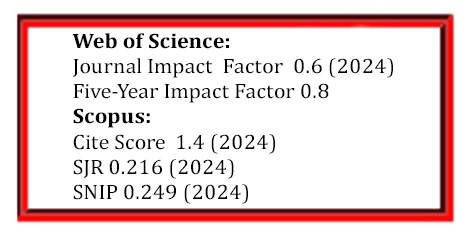Characterization and Analysis of Mechanical and Morphological Properties of Hybrid Composite Material from Prosopis Juliflora and Phoenix Sylvestris for Engineering Applications
DOI:
https://doi.org/10.5755/j02.ms.37897Keywords:
bio composite, hand lay-up technique, mechanical test, engineering applicationAbstract
The demand for sustainable, high-performance materials has driven interest in natural fiber-based composites. This research investigates the development of a hybrid composite using fibers from Prosopis Juliflora and Phoenix Sylvestris combined with glass fibers and epoxy resin. The natural fibers underwent a 10% NaOH treatment to enhance their mechanical properties. Hand layup techniques were employed to fabricate the samples, followed by comprehensive mechanical testing, including tensile, flexural, impact, hardness, and delamination tests. The composite, composed of 60% natural fibers, and 30% resin, and treated with NaOH, exhibited superior mechanical performance, surpassing similar composites in literature. Scanning electron microscopy (SEM) analysis revealed improved fiber-matrix adhesion, while wear testing indicated potential applications in brake linings. The results suggest this hybrid composite offers a viable, sustainable alternative for high-performance engineering applications, particularly in the automotive industry.
Downloads
Published
Issue
Section
License
The copyrights for articles in this journal are retained by the author(s), with first publication rights granted to the journal. By virtue of their appearance in this open-access journal, articles are free to use with proper attribution in educational and other non-commercial settings.



